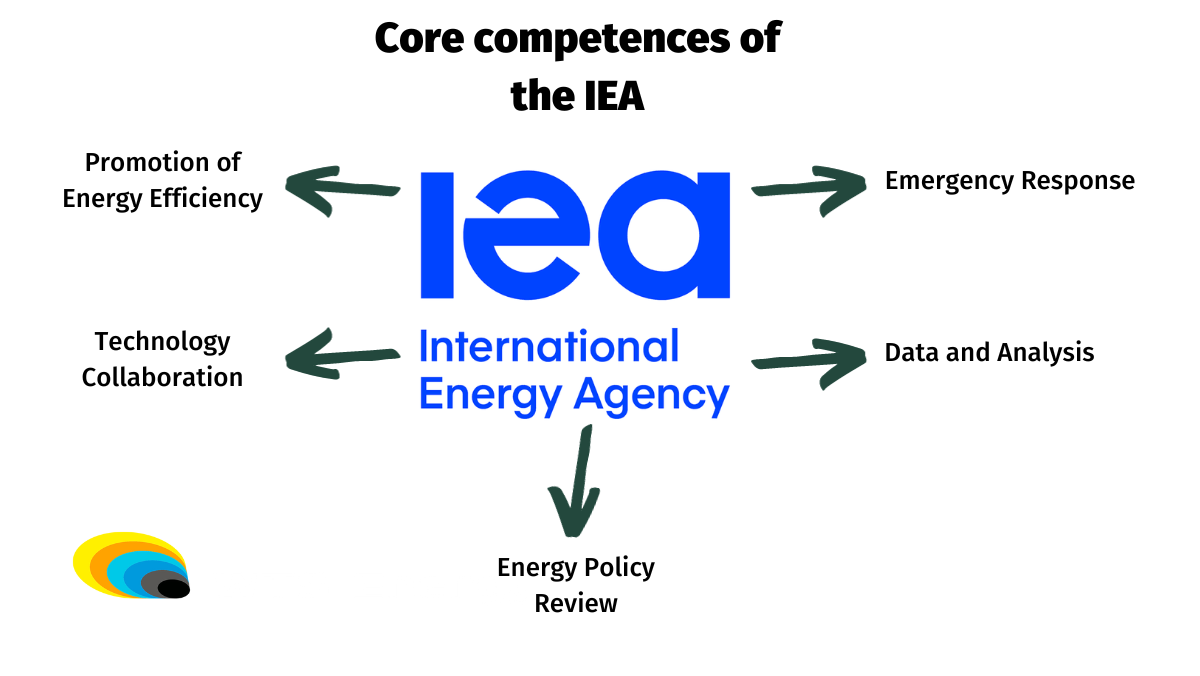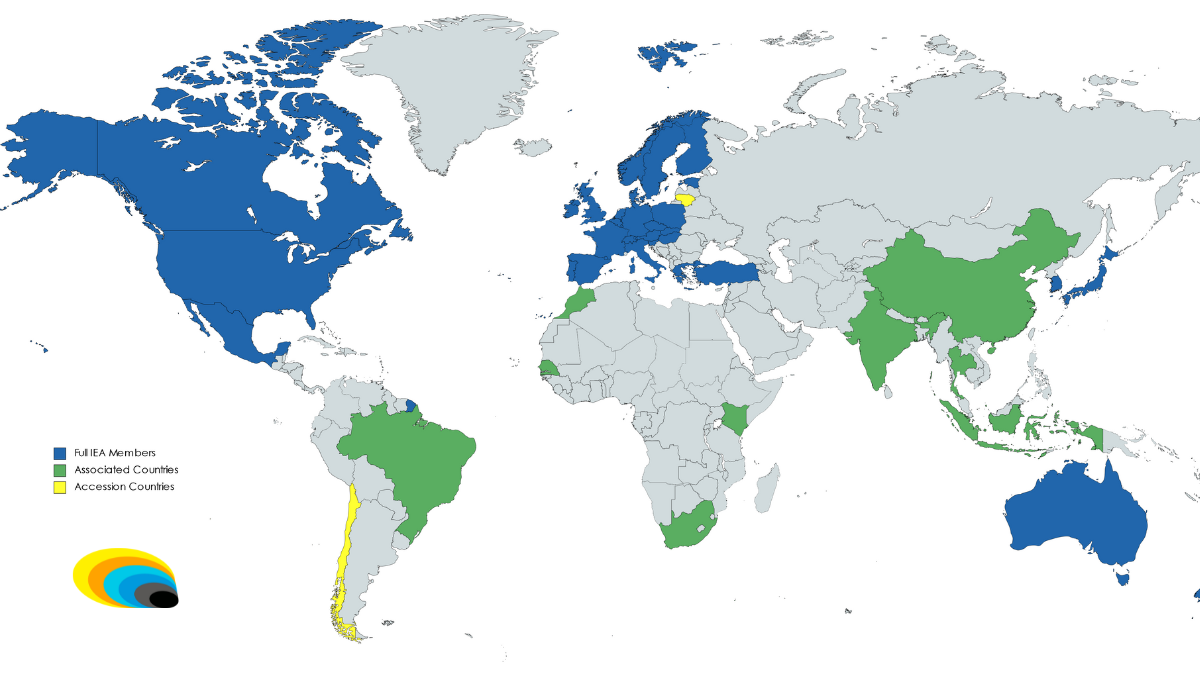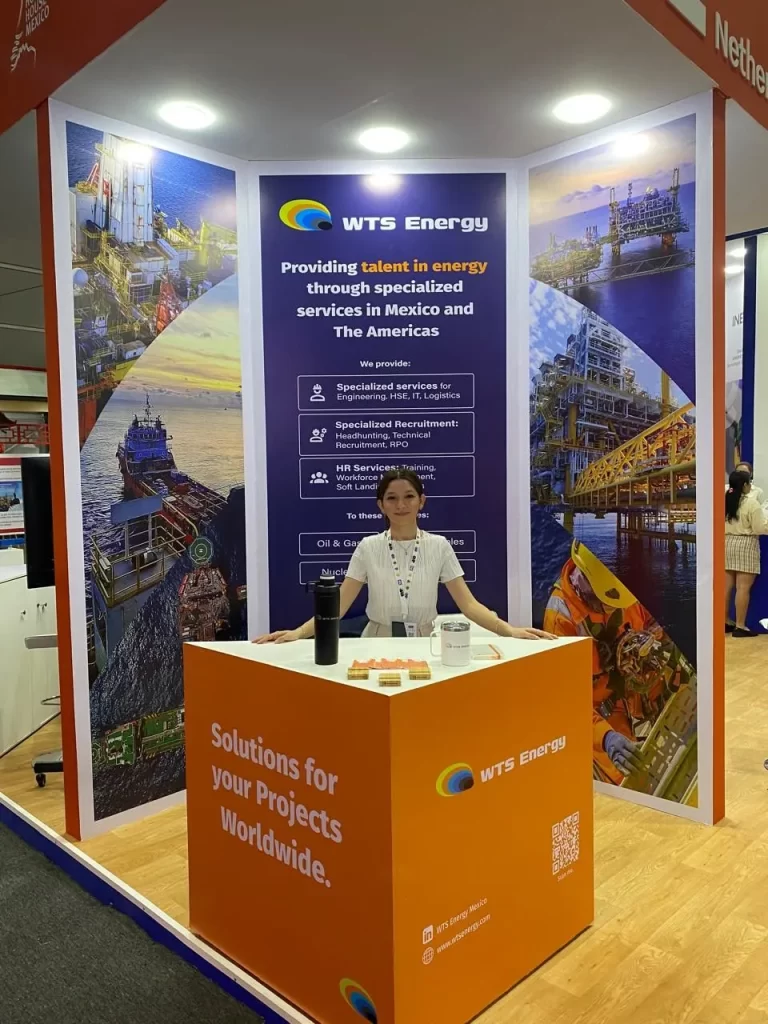In a globalized world, where nations grapple with the complexities of energy security, climate change, and economic interests, one organization stands as a central player, wielding substantial influence on the global stage. For most, the International Energy Agency (IEA) is an enigmatic figure in this intricate landscape, often misunderstood and overlooked by the public. Yet, its impact reverberates through the prices we pay at the gas pump, the strategies nations employ for energy security, and the fate of our planet in the face of climate change. So, what is the IEA, and why does it hold such a critical role in the theater of global energy governance?
Birth of the IEA
To understand the IEA’s significance, we must first delve into its origins. The IEA was established in response to a pivotal moment in the history of energy: The oil crisis of the early 1970s. In 1973, the Organization of Arab Petroleum Exporting Countries (OAPEC) declared an oil embargo against several Western nations. This lead to skyrocketing oil prices and energy shortages. The crisis exposed the vulnerability of energy-importing countries and the need for a collective response to ensure energy security.
The IEA’s Core Functions

In the wake of the oil crisis, the IEA emerged as an autonomous agency within the framework of the Organization for Economic Co-operation and Development (OECD). Its primary mission was, and still is, to address energy security concerns by coordinating collective measures among its member countries. The IEA’s establishment marked a turning point in the governance of global energy, shifting the paradigm from cut-throat energy competition to cooperative efforts aimed at safeguarding energy supplies.
The IEA fulfills its mission through several core functions that have evolved over the years:
Emergency Response: At the heart of the IEA’s mandate is its capacity to respond swiftly to energy supply disruptions. Member countries commit to maintaining strategic oil reserves equivalent to at least 90 days of net oil imports. In the event of a supply disruption, the IEA can release these reserves to stabilize markets and mitigate the impact on member countries.
Data and Analysis: The IEA collects and disseminates comprehensive energy data, providing valuable insights into global energy markets. Its analyses and reports on energy trends, supply-demand balances, and policy recommendations are essential tools for member countries in making informed decisions.
Energy Policy Review: The IEA conducts in-depth reviews of its member countries’ energy policies and practices. These reviews offer constructive feedback, identify areas for improvement, and facilitate peer learning.
Promotion of Energy Efficiency: Recognizing the importance of energy efficiency in reducing energy consumption and greenhouse gas emissions, the IEA promotes best practices and policies in this crucial area.
Technology Collaboration: The IEA facilitates international cooperation in developing and deploying clean energy technologies, including those related to renewable energy, carbon capture and storage, and advanced energy systems.
Members and Associates
As of 2022, the IEA has 31 member countries, primarily from the industrialized world. These member countries are bound by shared commitments to energy security and cooperation. While the IEA was initially established to address oil supply disruptions, its scope has expanded to cover all aspects of energy, including natural gas and renewable energy sources. This evolution reflects the changing dynamics of the global energy landscape and the growing importance of diversifying energy sources to address climate change.

Accession and association countries in the International Energy Agency (IEA) play specific roles related to their status as they work towards becoming full-fledged members:
- Accession Countries: Accession countries are those that have expressed a strong interest in becoming full IEA members. They are in the process of meeting the requirements for membership. These countries are typically in a transitional phase, during which they work closely with the IEA to align their energy policies, data reporting, and emergency response mechanisms with IEA standards. The role of accession countries is to actively engage in this process, demonstrate their commitment to energy security and transparency, and gradually align their energy practices with IEA guidelines. Accession is a significant step toward full membership and deeper integration into the IEA’s activities.
- Association Countries: Association countries, on the other hand, are not seeking full membership but have established a formal association with the IEA. This association allows them to participate in certain IEA activities. This includes meetings, projects, and data sharing, even though they do not have the same obligations and responsibilities as full members. The role of association countries is to benefit from the expertise, data, and insights provided by the IEA while maintaining some degree of independence in their energy policies and practices. This association status enables these countries to stay informed about global energy developments and collaborate with IEA member countries on specific energy-related initiatives.
The IEA’s Role in Global Energy Security
One of the IEA’s most critical functions is ensuring energy security. Energy security is a multifaceted concept, encompassing reliable access to affordable energy resources, protection against supply disruptions, and resilience in the face of external shocks. The IEA plays a central role in achieving these objectives through its emergency response mechanisms and data-driven analyses.
In times of crisis, the IEA can coordinate the release of strategic oil reserves. This is turn stabilizes global oil markets. This action can mitigate price spikes and supply shortages, providing crucial relief to member countries and the global economy. The organization’s ability to respond swiftly to supply disruptions enhances energy security by reducing vulnerability to external shocks.
Furthermore, the IEA’s data collection and analysis contribute to a deeper understanding of energy markets. By providing timely and accurate information, the IEA helps member countries make informed decisions regarding energy policy, investment, and emergency response strategies. This knowledge is invaluable for preventing and managing energy crises, thereby enhancing overall energy security.
Conclusion: What is the IEA?
The International Energy Agency (IEA) is a core actor in the complex web of global energy governance. From its origins in response to the oil crises of the 1970s to its evolving role in addressing climate change, the IEA’s influence spans the realms of energy security, policy recommendations, and technological innovation.
The IEA’s contributions to promoting renewable energy, energy efficiency, and net-zero emissions targets are more crucial than ever. While criticisms and challenges persist, the IEA remains a central figure in the global energy landscape, holding the key to our energy future.
In its data-driven analyses, emergency response mechanisms, and advocacy for a sustainable energy future, the IEA offers hope that, with collective effort and informed decision-making, we can navigate the complex energy world and secure a brighter, more sustainable energy future for generations to come.
WTS Energy is wholeheartedly committed to supporting this mission for global energy security. Our core mission is to provide highly skilled professionals to energy projects in remote areas across the world and to share essential knowledge with countries that are still developing their energy resources. By doing so, we aim to make these regions more resilient and less vulnerable to energy crises.
We take pride in our contribution to this critical goal, and we invite skilled professionals who share our dedication to join us in making a meaningful impact on the future of energy. Are you one of those professionals? Make sure you visit our jobs page at wtsenergy.com/jobs in order to explore all the exciting opportunities awaiting you.



